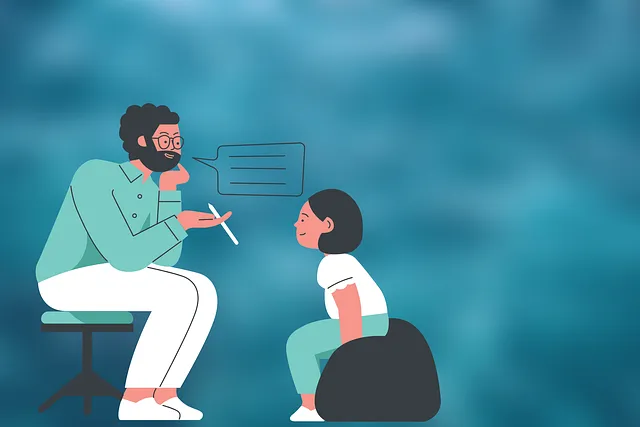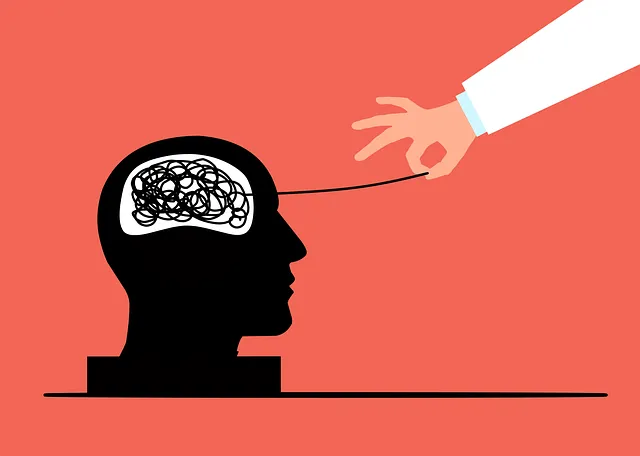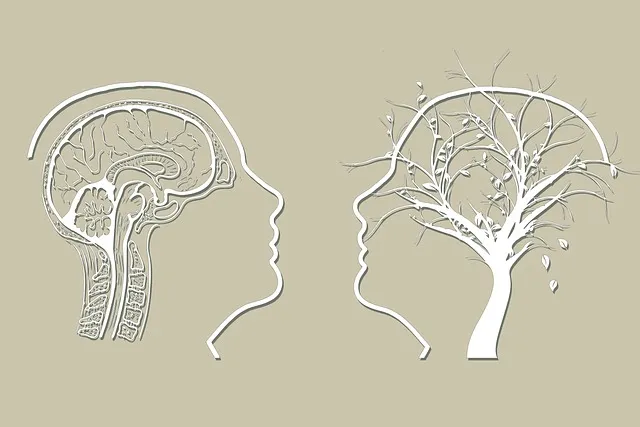Denver Kaiser Permanente's mental health services prioritize innovative group facilitation techniques as a cornerstone of community wellness. Experienced facilitators create safe, supportive environments where individuals navigate challenging topics, build skills for stress management and burnout prevention, and foster connections through active peer learning. Effective facilitation involves blending interpersonal skills to encourage participation, resolve conflicts, and teach de-escalation strategies, ultimately enhancing mental wellness outcomes and preventing professional burnout. By fostering trust, empathy, and open dialogue, these services empower individuals on their mental health journeys while continuously refining session content based on measurable participant improvements.
“Discover the transformative power of group facilitation in enhancing mental wellness through the lens of Denver Kaiser Permanente’s pioneering services. This article explores effective techniques for group leaders, offering insights into creating safe, supportive environments that foster growth. We delve into essential skills, from active listening to structured activities, proven to improve participant outcomes. Additionally, we examine measurement strategies to evaluate the impact of these sessions, providing a comprehensive guide for professionals aiming to enhance mental health support through group facilitation.”
- Understanding Denver Kaiser Permanente Mental Health Services and Their Role in Group Facilitation
- Essential Skills for Effective Group Facilitation Techniques
- Creating a Safe and Supportive Environment: Key Strategies for Group Leaders
- Measuring Success: Evaluating the Impact of Mental Wellness Group Sessions
Understanding Denver Kaiser Permanente Mental Health Services and Their Role in Group Facilitation

Denver Kaiser Permanente mental health services play a pivotal role in community wellness, offering specialized support and resources for emotional healing processes. Their group facilitation techniques are designed to create safe, supportive environments where individuals can navigate challenging topics and foster meaningful connections. These services cater to diverse populations, focusing on various aspects of mental well-being, including burnout prevention and stress management.
Through experienced facilitators, Kaiser Permanente encourages active participation, peer learning, and skill-building activities. Such an approach not only enhances self-awareness but also empowers individuals to manage their mental health effectively. By integrating these innovative group facilitation methods, Denver Kaiser Permanente mental health services contribute significantly to the overall wellness of the community, ensuring that emotional healing and stress management remain accessible and comprehensive aspects of healthcare.
Essential Skills for Effective Group Facilitation Techniques

Effective group facilitation is a vital skill for mental health professionals, especially those working with Denver Kaiser Permanente’s services. It involves a unique blend of interpersonal and communication skills to create a safe, supportive, and engaging environment for participants. The key lies in fostering active participation, ensuring every individual feels heard and respected. Facilitators must possess the art of asking powerful questions that encourage reflection, promote open dialogue, and facilitate meaningful connections among group members.
Furthermore, conflict resolution techniques are indispensable. Mental health professionals should be adept at navigating disagreements or emotional intensities that may arise within the group. This includes teaching de-escalation strategies and providing a structured framework for resolving conflicts constructively. By mastering these skills, facilitators can enhance group dynamics, prevent burnout among members, and ultimately improve mental wellness outcomes, mirroring the high standards of Denver Kaiser Permanente’s mental health services.
Creating a Safe and Supportive Environment: Key Strategies for Group Leaders

Creating a Safe Space for Healing
In facilitating mental wellness groups, fostering a safe and supportive environment is paramount. Group leaders play a pivotal role in cultivating an atmosphere where individuals feel comfortable sharing their experiences and emotions. At Denver Kaiser Permanente mental health services, we emphasize the importance of building trust and connection among participants. This begins with establishing clear ground rules that encourage respect, confidentiality, and active listening. By setting these boundaries, group leaders can ensure every member feels valued and heard.
Additionally, incorporating techniques like active engagement, empathy, and positive reinforcement aids in building a supportive network. Encouraging open dialogue and diverse perspectives allows for a deeper understanding of mental health issues. Through public awareness campaigns and the development of inner strength, group members can tap into their resilience and embrace mind over matter principles. This holistic approach ensures that each individual feels empowered to navigate their mental wellness journey with support and confidence.
Measuring Success: Evaluating the Impact of Mental Wellness Group Sessions

Measuring success is a vital aspect of facilitating mental wellness group sessions, especially when considering the profound impact these gatherings can have on individuals’ lives. Evaluating the effectiveness of such programs involves a multi-faceted approach tailored to the unique goals and needs of participants. For Denver Kaiser Permanente mental health services, assessing progress might include tracking self-reported improvements in mood and anxiety levels through structured questionnaires or surveys distributed before and after each session.
Additionally, qualitative feedback from group members can provide valuable insights into their experiences. This could be gathered via anonymous evaluations or focused discussions, capturing perceptions of support received, stigma reduction efforts, and emotional intelligence development—all essential components of a comprehensive mental wellness journey. By combining quantitative data with qualitative reflections, facilitators can gain a holistic understanding of the group’s impact, ensuring continuous improvement in session content and delivery.
Denver Kaiser Permanente mental health services have pioneered effective group facilitation techniques, creating a supportive environment for holistic mental wellness. By mastering essential skills and employing strategies that foster safety, these facilitators enhance the impact of group sessions, ensuring individuals receive the support they need. Measuring success through evaluation allows for continuous improvement, making these services a game-changer in navigating mental health challenges.






